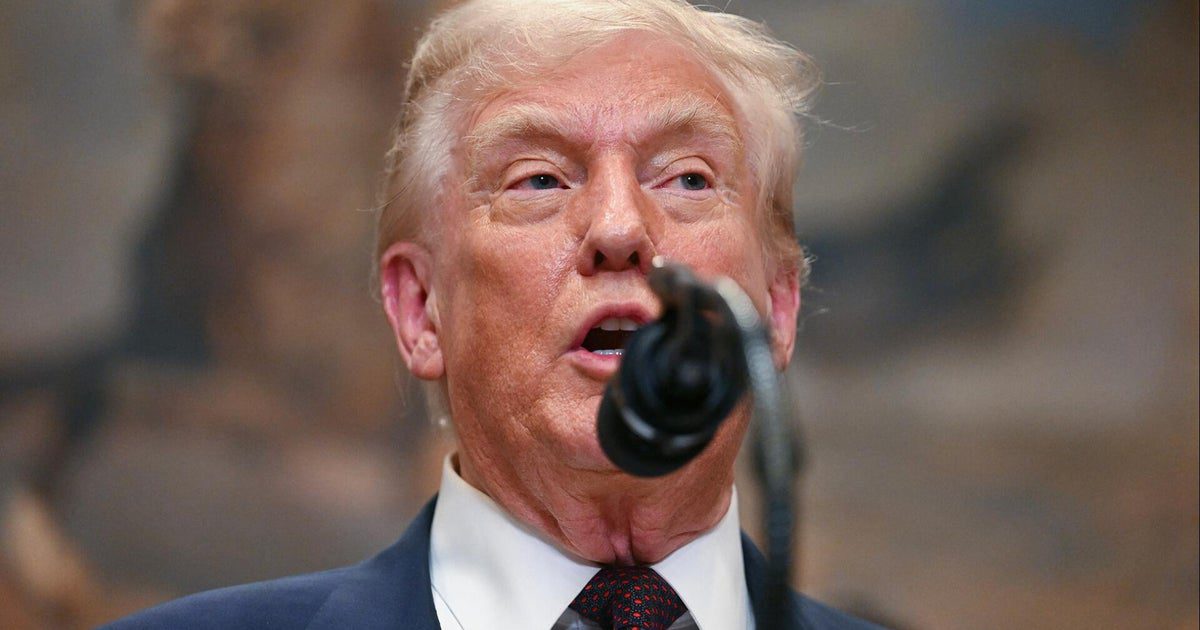The US administration’s move to impose a steep 50% tariff on Indian auto components will hit exports hard, but some of the major component manufacturers may be better placed to face the blow, thanks to their extensive overseas operations, particularly in North America.
Overall, the steep tariff puts at risk nearly half of the $7 billion auto component exports annually to the US, which is the country’s largest export destination for the sector.
“The recent decision by the US to impose higher and additional tariffs on certain imports from India, including auto components, underscores the shifting landscape of global trade,” Shradha Suri Marwah, president of the Automotive Component Manufacturers Association (Acma), said in a statement on Thursday. The industry body acknowledged the near-term disruption the new tariff regime could bring while calling for greater domestic competitiveness and a push to diversify export markets.
Global Operations as a Strategic Buffer
Passenger vehicle exports from India to the US remain negligible, which means that auto manufacturers like Maruti Suzuki, Tata Motors, and Mahindra & Mahindra are relatively insulated. But component makers, many of whom generate over a third of their global sales from the US market, are far more exposed. Sona BLW Precision Forgings and Bharat Forge, for instance, derive 43% and 38% of their revenues, respectively, from the U S market.
The duty on India puts a price differential of up to 35% when compared with alternative suppliers in Vietnam or Bangladesh. The US accounts for 27% of India’s total auto component exports.
Diversification and Competitiveness: The Path Forward
Still, the impact may be uneven as several Indian players have operations in North America and other low tariff regions. Motherson Sumi, for example, operates over 425 facilities in 44 countries, including a North American network, which will enable it to serve US market with regionally made products. Similarly, Bharat Forge has an aluminum forging plant in Sanford, North Carolina. Sona Comstar also has a facility in Mexico, which significantly supports its electric vehicle components business.
Rane also has a manufacturing plant in Kentucky and Uno Minda has facilities in Mexico and Europe. These may reduce their reliance on Indian exports to serve the US market.
Disclaimer
We strive to uphold the highest ethical standards in all of our reporting and coverage. We 5guruayurveda.com want to be transparent with our readers about any potential conflicts of interest that may arise in our work. It’s possible that some of the investors we feature may have connections to other businesses, including competitors or companies we write about. However, we want to assure our readers that this will not have any impact on the integrity or impartiality of our reporting. We are committed to delivering accurate, unbiased news and information to our audience, and we will continue to uphold our ethics and principles in all of our work. Thank you for your trust and support.
Website Upgradation is going on. For any glitch kindly connect at 5guruayurveda.com




